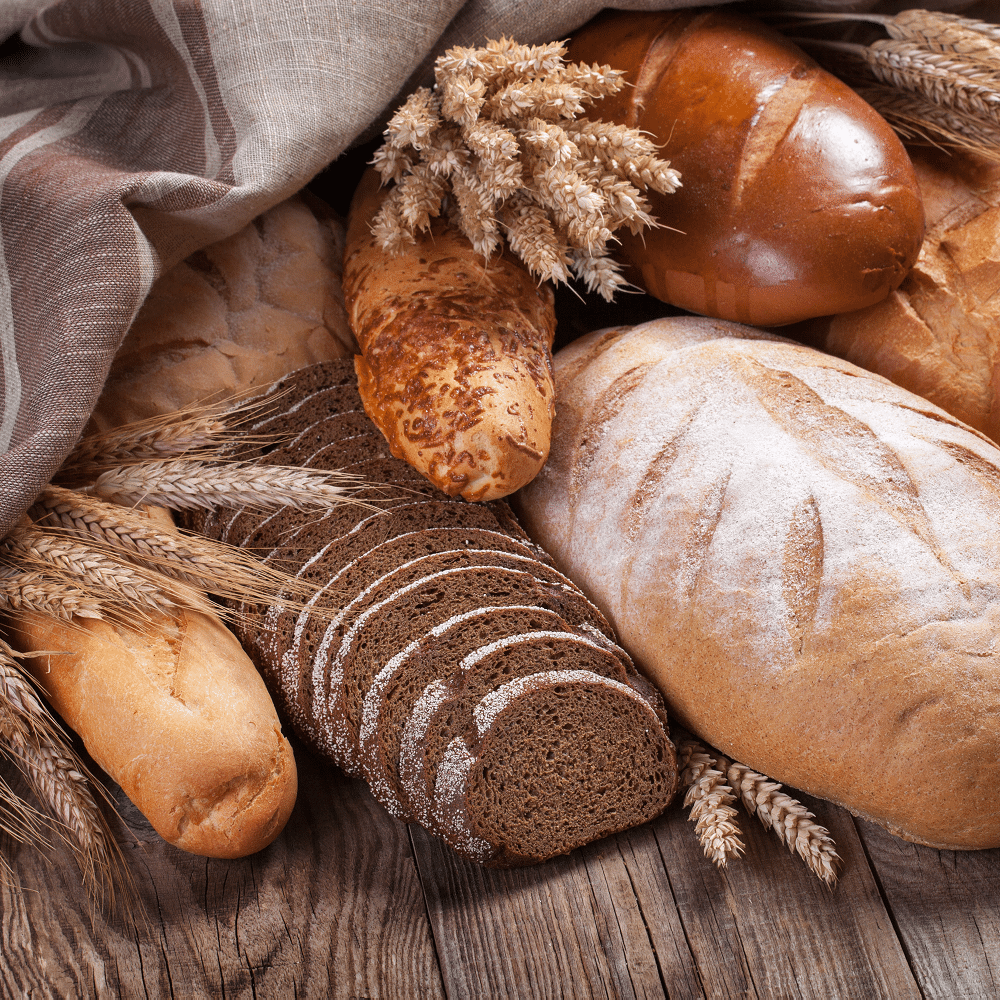A recent review published in the NFS Journal has shown that regular consumption of gluten-free products as part of a gluten-free diet led to higher concentrations of toxic metals such as arsenic in the blood in urine. Additionally the review revealed an association between gluten-free diets and the risk of chronic conditions such as type 2 diabetes and heart disease.
Gluten is a protein that is typically found in most varieties of grains including rye and wheat, it allows bread to rise during the baking process, and it is responsible for the soft, fibrous texture of most kinds of pastries.
After consuming foods that contain gluten some people may feel abdominal discomfort, this reaction may point to a mild intolerance for the protein, and in these cases this discomfort can be avoided by restricting the consumption of foods containing gluten. More severe reactions include sharp pains, diarrhea, constipation, weight loss and anemia, and these reactions may indicate a more serious issue in the form of celiac disease. Those living with this autoimmune disease must avoid gluten completely since it triggers severe intestinal inflammation.
The gluten-free diet was designed for those with celiac disease, and to date it is the sole acceptable justification for the permanent and strict adherence to the diet. Even though celiac disease only affects about 1% of the population gluten-free has grown to become one of the most popular weight loss diets. However, there is no evidence to support the reported links between weight loss and gluten-free diets. But a gluten-free diet can help with weight management over time as it promotes the regular consumption of whole unprocessed foods like legumes, fruits, and vegetables.
Gluten-free diets can also pose some health risks and potential side effects. Another review published in the Gastroenterology & Hepatology journal found that reduced consumption of beneficial whole grains while following a gluten-free diet resulted in an increased risk for heart disease. Additionally several studies report that adults following a gluten-free diet failed to meet all of the nutritional recommendations due to the restrictive food choices.
Researchers from the University of Hohenheim have found that gluten-free diets may be responsible for elevated heavy metal concentrations in the blood and urine. Several studies suggest that non-organic gluten-free products containing rice flour may be responsible for this health risk.
Most gluten-free products on the market substitute rice based products for grains, and rice is prone to accumulate toxic substances such as arsenic, mercury, cadmium and lead because it is grown under flooded conditions. Contaminated irrigation water is believed to be responsible for the presence of toxic substances in rice paddies.
The research team found several studies that reported high levels of arsenic concentrations in rice containing gluten-free products. Rice from China, Indonesia, and Thailand were found to also be contaminated with methylmercury. Some rice containing gluten-free products also contained cadmium. Several studies were also found reporting elevated lead concentrations in those following a gluten-free diet, but the studies were not able to determine the link between the two.
Based on their findings the researchers concluded that some gluten-free products on the market contain toxic metals that pose serious health risks, and there may be consequences for those with celiac disease as well as healthy individuals.
To avoid any of the contaminants, source your gluten-free foods from trusted certified organic farmers and try to steer clear of processed gluten-free products that contain refined flour, sugar, sodium and other additives. Rather than rice based there are several other gluten-free grains like quinoa, oats, and buckwheat that can provide carbohydrates and soluble fiber. Additionally, lentils, peas, beans and chickpeas are also gluten-free as well as are most root vegetables such as squash and potatoes.




